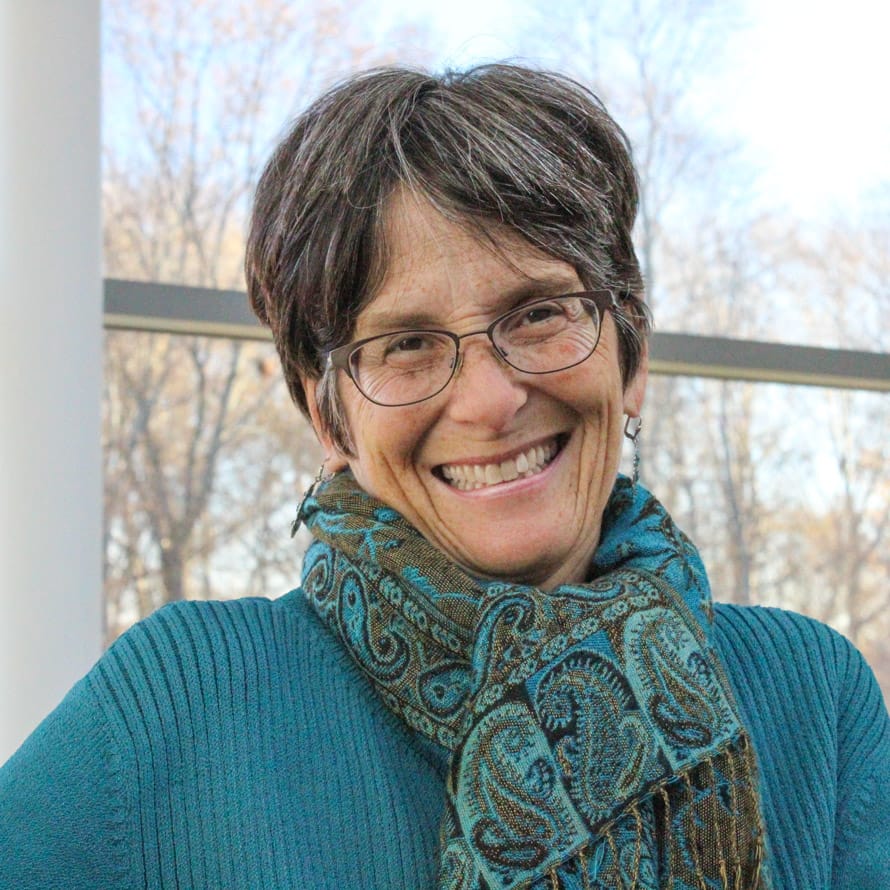Community Blog Speaking Torah: Mi Yodea. Who knows?

I have come to believe that the most important verse in the entire megillah—the verse that represents the pivotal turning point in the Purim story – comes near the end of chapter four, when Mordechai sends a message to Esther, urging her to reveal her identity to King Achashverosh and plead on behalf of the Jewish people. Remarkably, Mordechai’s message to Esther hinges on two simple words – two words that promise nothing and change everything. “Mi yodea?” Modrechai says. “Who knows?”
“Mi yodea im la’et kazot higa’at la’malchut?” “Who knows if it wasn’t for just such a time that you became queen?”
These are the words that set Esther in motion, that inspire her to take action—in spite of her own resistance, in spite of her fears about her own fate, in spite of her doubts about her own position and power in the king’s court. “Who knows?”
How strange. This is hardly the kind of message we look for to motivate us to act with courage in a crisis. We generally look for a message with a little more oomph, a message that inspires a little more confidence. “This is precisely why you became queen! Your actions will make all the difference! This is why God put you in this position!”
But the world of Purim—not unlike our world—is a world without guarantees, without certainties and without signs from God. It is a world in which we don’t know—can’t know— the limits or possibilities of our own power. It is a world in which we can’t be sure where our actions will lead and whether our efforts will be for naught. Often when we say to ourselves or each other “Who knows?” it’s accompanied by a gesture of resignation—a shrug of the shoulders, an upward glance—as if uncertainty or not-knowing relieves us of responsibility. Who knows, it’s too complicated for me to get involved. Who knows, we just have to wait and see what happens. Who knows, I have no idea what I could do to make a difference. All too often in our own lives, “Who knows?” becomes an excuse for inaction, a pretext for paralysis.
In this remarkable exchange between Mordechai and Esther, something quite different happens.
“Who knows?” becomes not an excuse but an invitation: Consider the possibility, says Mordechai, that you are here for a purpose. Consider the possibility that there is something bigger and more important than your fear. Consider the possibility that you have more power than you imagine. Consider the possibility that it is up to us to act out of love and responsibility for each other in order to make room for God’s presence in this world.
“Who knows if it wasn’t for just such a time that you became queen?” This is the legacy that Mordechai and Esther bequeath to us—a dual legacy of humility and hope, of radical uncertainty and radical responsibility. What are our obligations on this holiday of hester panim—this day when we reckon with the ultimate mystery of the divine? To take care of each other. To send treats to our neighbors and friends. To expand our circle of concern even further, giving gifts to the poor. In these small acts we affirm the possibility of sweetness in the face of uncertainty, love in the face of fear.
Who knows? Consider the possibility that this is why we are here.
With blessings for a joyous Purim.
Rabbi Sharon Cohen Anisfeld is President-Elect of Hebrew College. She is the former Dean of the Rabbinical School of Hebrew College.

